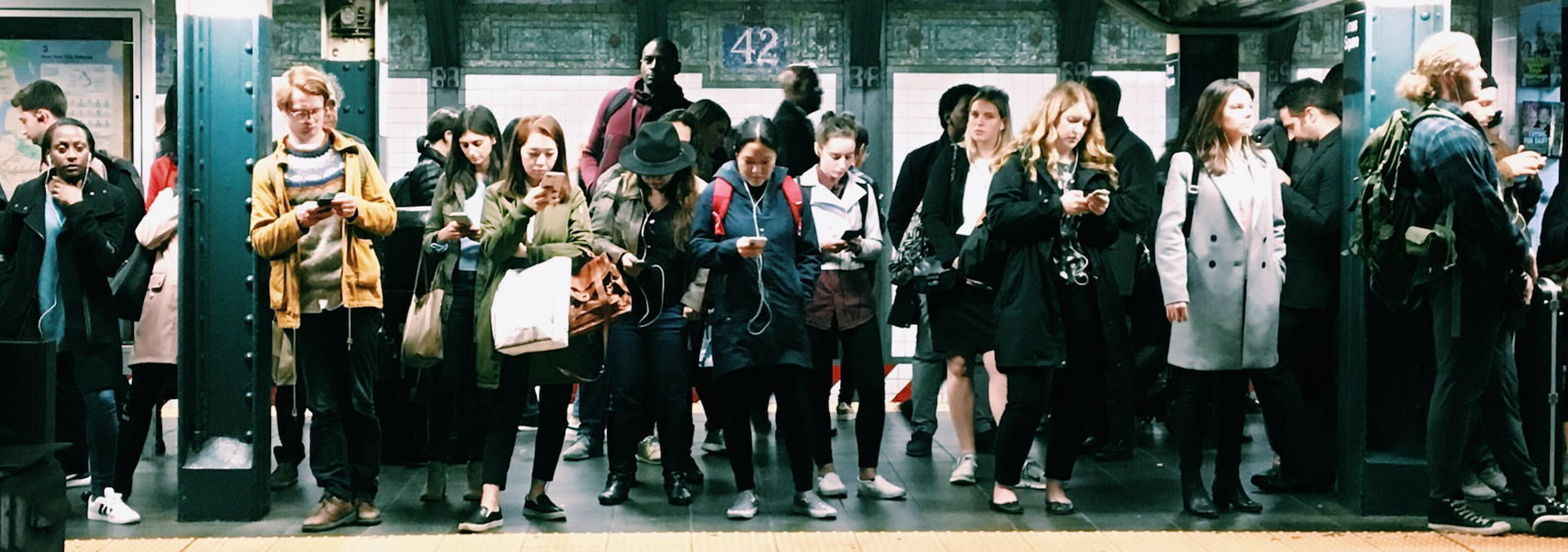There’ve been a few times in my life when I’ve felt lonely despite being surrounded by people. And, conversely, I’ve experienced contentment—invigoration, even—when out on a solo hike in the mountains. Why the apparent malalignment?
Trevor Hudson reminds us of the difference between loneliness and solitude in his interview with SATS Content Manager Rudolph Boshoff.
It comes down to our understanding of being alone versus being lonely. Being alone is largely a physical state—an adjective taken at face value. Loneliness is an emotional, psychological, and spiritual state—a painful one.
There are many things that can lead to loneliness:
- trauma
- chronic illness
- depression
- secret sin
- difficult decisions
- an atypical lifestyle
- grief
- singleness
- unarticulated spiritual questions
But the feeling itself is triggered when we experience a lack of understanding or support from others, a lack of fellowship, strained relationships with our nearest and dearest, or difficulty in our prayer life.
The loneliest I’ve felt over the last few years was when everyone else was excited about the easing of lockdown restrictions and the promise of going back to socializing, but I knew the risk to my health was about to increase. My chronic illness hadn’t changed or disappeared and neither had the conflict of needing to take the immunosuppressive medications that keep my joint symptoms in check but also increase my susceptibility to all of the infections that would soon be recirculating.
“Hooray, we get to go back to ‘normal’!” said most. Well, no, not all of us …
I’ve never been more thankful for my relationship with the Lord. As he promises in Isaiah 41:10 (NIV), he really did strengthen, help, and uphold me:
So do not fear, for I am with you; do not be dismayed, for I am your God. I will strengthen you and help you; I will uphold you with my righteous right hand.
When friends who lacked insight became frustrated with my choices, God didn’t leave my side. When I was ambushed in a meeting in front of my whole work team, Jesus was my comforter. When I had to work out the juggle of rabies boosters, Covid vaccinations, and skipping chronic medication doses—largely on my own since none of the healthcare professionals I consulted would make an explicit recommendation—God helped me make decisions out of faith instead of fear.
When my knees flared up and I had about 30% range of motion in the “better” knee, the Lord blessed me with experiences that filled my cup while I recovered. When I began to socialize a bit more and got sick over and over and over again, he whispered, “This too shall pass.”
Jesus is with us always, “to the very end of the age.” (Matt 28:20 NIV) God will never leave us or forsake us. (Deut 31:6) What a wonderful comfort through thick and thin!
A number of David’s Psalms demonstrate how he both cried out to and praised the Lord for his comfort. Psalm 25:16–21 (NIV) is an example of the former:
Turn to me and be gracious to me, for I am lonely and afflicted. Relieve the troubles of my heart and free me from my anguish. Look on my affliction and my distress and take away all my sins. See how numerous are my enemies and how fiercely they hate me!
Guard my life and rescue me; do not let me be put to shame, for I take refuge in you. May integrity and uprightness protect me, because my hope, Lord, is in you.
And Psalm 34:18 (NIV) is but one example of the latter:
The righteous cry out, and the Lord hears them; he delivers them from all their troubles. The Lord is close to the brokenhearted and saves those who are crushed in spirit.
God and his gift of friendship should always be our first port of call when struggling with loneliness, but we need to be mindful of connecting with those around us too. Often, our response to the pain of loneliness is to isolate ourselves and stop communicating in an attempt to protect our hearts, but this can aggravate the feeling.
I’m getting better at balancing my desire for solitude (note: not loneliness) and my need for genuine connection. And God seems to be using my lonely experiences for his good: I’ve started to pay more attention to those on the periphery of the crowd. Not only because I’m an introvert and feel more comfortable with them than in the center of the action, but also because I know they’re the ones who likely need a friend the most.
Whichever position you find yourself in—whether you’re the one hanging back or the one who notices the hesitation of another—reach out. To God and to each other, with courage and in love.
- To watch the full interview with Trevor Hudson, follow this link.
- Contact SATS to find out more about studying God’s word.
- A related article called “Walk with Me” may interest you too. It is an introduction to the Paraklesis Model of Christian Counselling.
Short Bio: Carrie Milton is a veterinarian and language practitioner. After completing her Bachelor of Veterinary Science and working with a variety of animals for a number of years, she reawakened her love for the written word. Accredited by the Professional Editors’ Guild, she has tried her hand at everything from theses to fiction.




